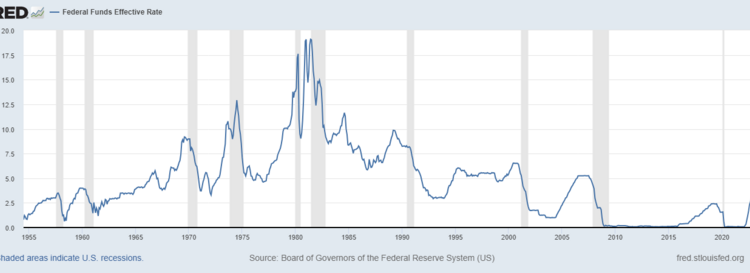Know the risks before diving into alternative investments
- Investing in alternative assets is becoming increasingly popular on Wall Street.
- However, these assets can be difficult to sell once you’ve bought them.
- Many alternative funds have struggled to cash out investors at a fair price.
- Investors may end up at the back of the line if too many people try to sell their shares.
- Some alternative investments have been trading at significant discounts to their net asset value.
- Financial advisers recommend understanding the liquidity risks before investing in alternatives.
Investing in alternative assets, such as nontraded real estate investment trusts (REITs) and business development companies (BDCs), has become a major trend on Wall Street. These assets, which are not listed on stock exchanges, offer the potential for higher returns but also come with liquidity risks. While getting into these investments is easier than ever, getting out can be a challenge.nnIn recent years, the amount of money raised by nontraded REITs, BDCs, and interval funds has skyrocketed. However, many investors may not fully understand the difficulties they may face when trying to sell these assets. One of the main risks is that these investments do not trade on a regular basis, making it harder to find buyers when you want to sell.nnSome funds have been able to buy back shares from investors at fair prices, but others have struggled. When too many investors try to sell their shares, those at the back of the line may end up receiving a significant discount from the reported price. This has happened to funds like Starwood Real Estate Income Trust and Blackstone Real Estate Income Trust.nnOne example is Franklin BSP Capital, a business development company run by Franklin Templeton. In February, the company offered to buy back a small portion of its shares at their net asset value. However, investors tried to sell a much larger number of shares back to the company, causing concerns about potential share issuance at a discount. This uncertainty has led to increased trading of the company’s shares on electronic marketplaces, with prices trading at a significant discount to net asset value.nnAnother extreme case is Highlands REIT, which bought back a large portion of its stock at a price significantly below its net asset value. Outside firms have offered even lower prices for the stock on electronic marketplaces. This highlights the liquidity risks associated with alternative investments.nnInstitutions, such as hedge funds and private equity firms, can sell large blocks of their alternative assets to secondary funds at discounts. However, individual investors may struggle to find buyers and may face high commissions and significant discounts when trying to sell their investments.nnFinancial advisers recommend thoroughly understanding the liquidity risks before investing in alternative assets. It is important to ask your adviser how you will be able to sell your investments if needed. While these investments can offer attractive returns, it is crucial to be aware of the potential challenges when it comes to liquidity.·
Factuality Level: 3
Factuality Justification: The article provides relevant information about alternative investments and the challenges associated with them. It includes specific examples and data to support the points made. However, the article lacks depth in discussing potential benefits of alternative investments and does not provide a balanced view of the topic. The tone of the article is somewhat sensationalist, focusing more on the negative aspects and risks involved in alternative investments.·
Noise Level: 3
Noise Justification: The article provides a detailed analysis of the risks associated with alternative investments, backed by specific examples and data. It explores the challenges investors may face in selling these assets and highlights the potential discounts to net asset value. The article also includes insights from industry experts and financial advisers, offering a cautionary perspective on illiquid alternatives.·
Public Companies: Blackstone Real Estate Income Trust (not available), Franklin BSP Capital (FBCC)
Private Companies: Starwood Real Estate Income Trust,Highlands REIT
Key People: John Cox (CEO of Cox Capital), Chip Patterson (Head of MacKenzie Capital Management), Jordan Slingo (Financial adviser at Elwood & Goetz Wealth Advisory Group)
Financial Relevance: Yes
Financial Markets Impacted: Private equity, business development companies, and non-traded real estate investment trusts
Financial Rating Justification: The article discusses the challenges of selling alternative investments such as private equity, business development companies, and non-traded real estate investment trusts, which are financial products that have become increasingly popular among investors. It highlights the difficulties in liquidating these assets and the potential discounts investors may face when trying to sell them. This can impact the confidence of investors in these markets and their willingness to invest in such products.
Presence Of Extreme Event: No
Nature Of Extreme Event: No
Impact Rating Of The Extreme Event: No
Extreme Rating Justification: ·
 www.wsj.com
www.wsj.com 





